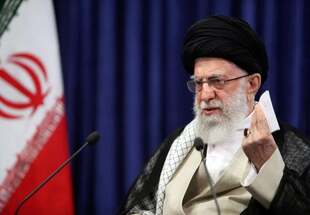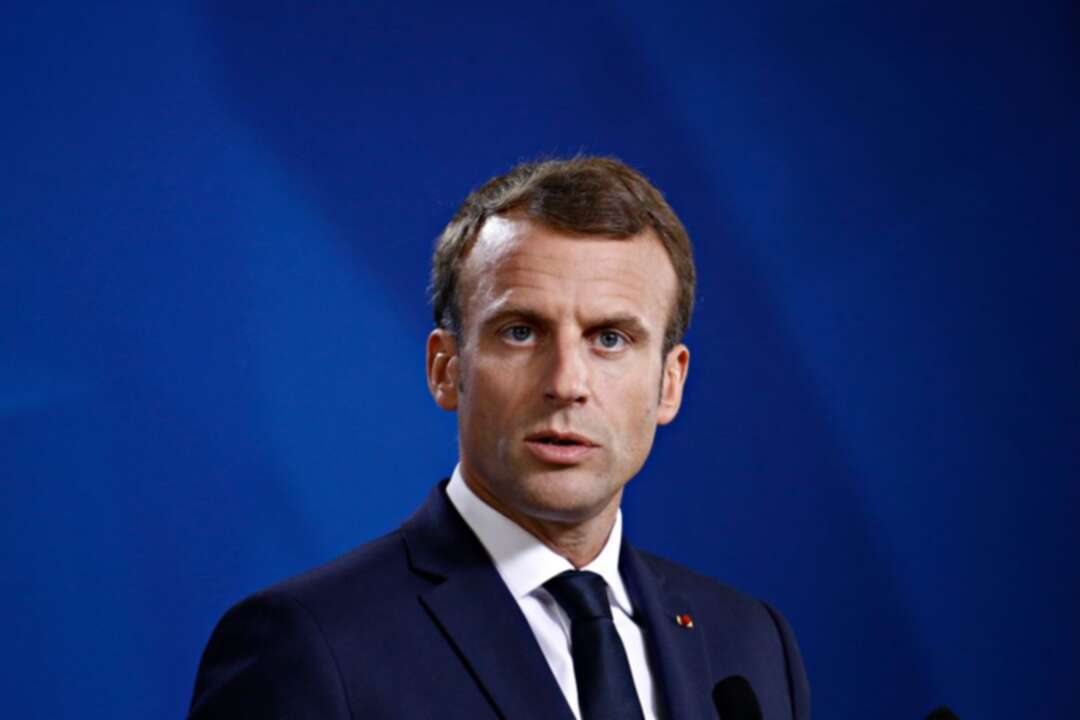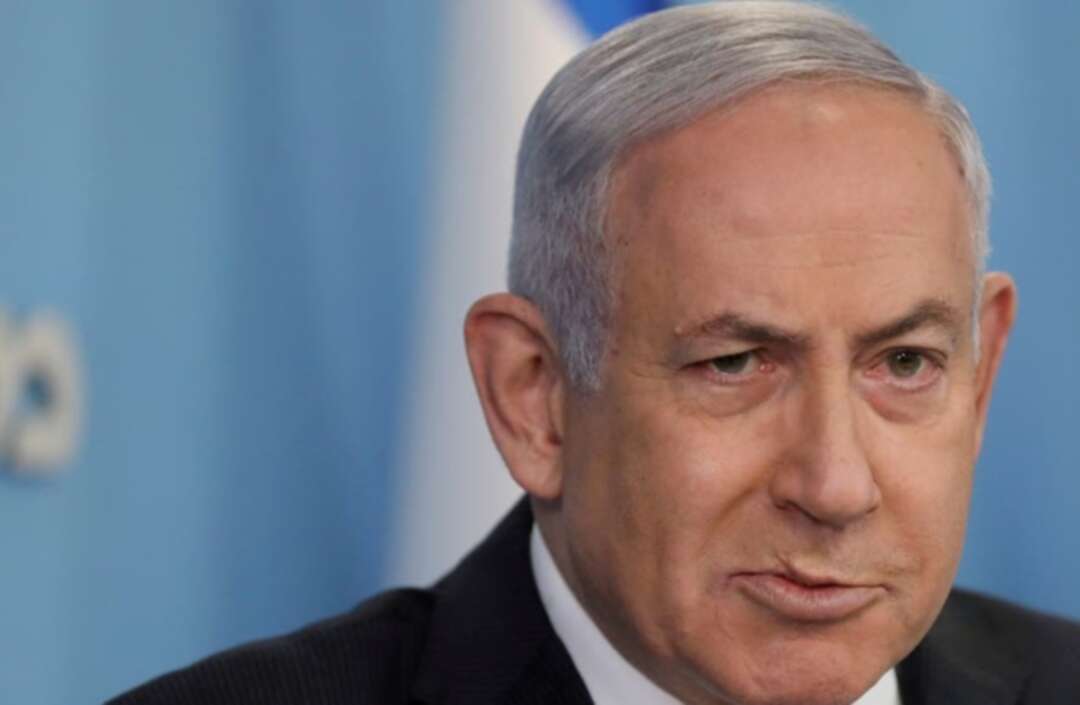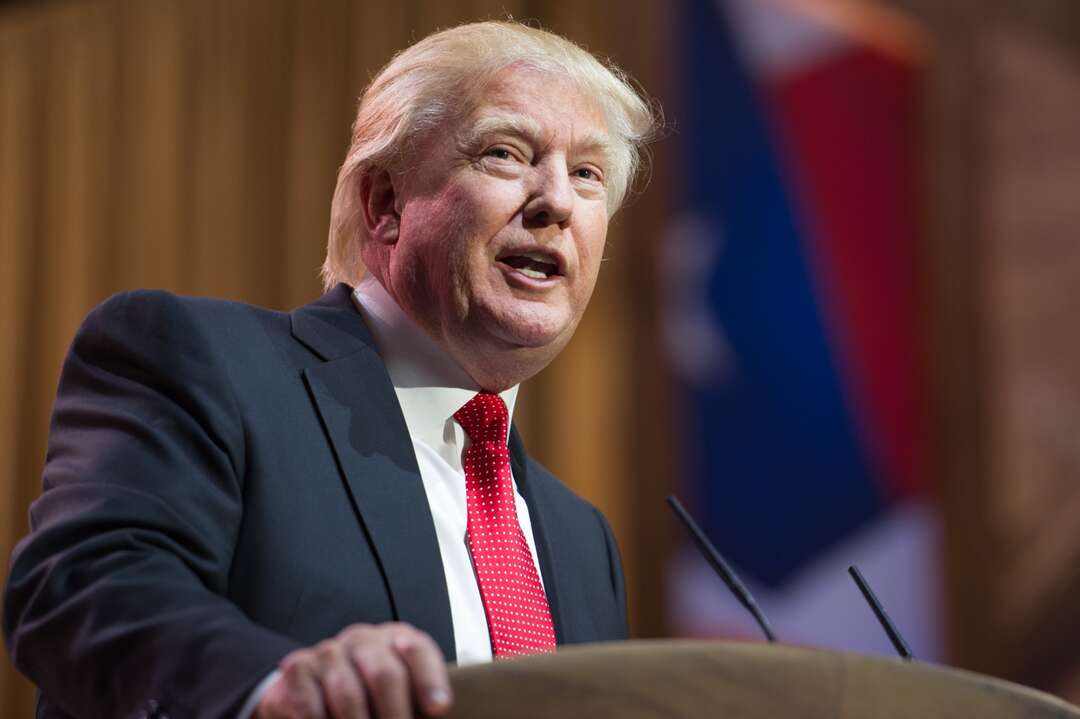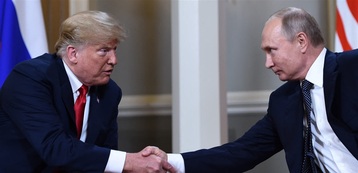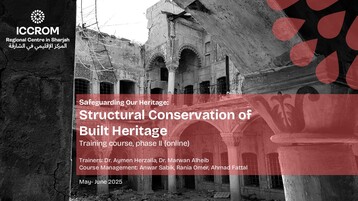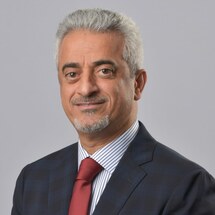-
Through a Suspicious Witness.. Regime Intelligence Attempts to Save Doctor Accused of Crimes Against Humanity
-
The German judiciary's method in dismantling suspicious narratives highlights the difficulty of penetrating European justice despite Syrian intelligence agencies' attempts
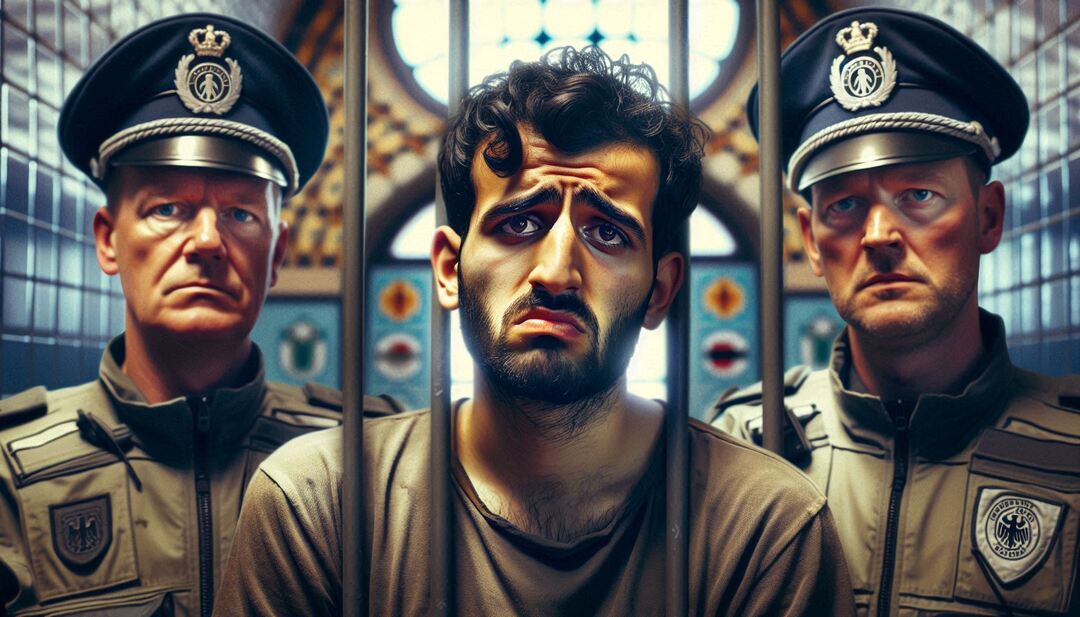
Syrian intelligence fingerprints were clearly visible during the trial of Dr. Alaa (M) at the Frankfurt Regional Court, through a suspicious witness who raised judges' doubts about his background and testimony contradictions.
Alaa (M), a Syrian doctor who worked in Syrian military hospitals, is currently being tried before the German Frankfurt court on charges of crimes against humanity. Witness testimonies indicate that the accused had special authorization to enter the detainees' section, a privilege not available to civilian doctors.
One witness, a surgeon, confirmed that the accused had ties to the Syrian regime and frequently visited the restricted area in the military hospital accompanied by military doctors. The trial of Dr. Alaa has sparked widespread surprise as he was a doctor who was supposed to alleviate patients' pain, not participate in their torture, which has contributed to prolonging the trial.
The Syrian regime attempted to influence trial proceedings by sending suspicious witnesses to defend the accused, indicating the importance of his position and role in the repression system. The trial relies on multiple pieces of evidence and testimonies, including those featured in an Al Jazeera documentary, where the first witness confirmed the authenticity of what was shown about the accused due to his relationship with the regime.
According to observers, judges were surprised how the second witness transformed from a household appliance repairman to a supervisor of a VIP escort team at Damascus International Airport, a sensitive position typically associated with security agencies.
The witness's contradictions revealed an intelligence pattern in the answers, as he struggled to remember his exact age while recalling precise details about his meetings with the accused, leading the court president to question the authenticity of his identity and personal information.
Attempts at deception became apparent when the witness denied knowing about the accused's presence in the church before a traffic accident, then later confirming it when the defense attorney repeated the question, prompting the judge to point out his changing answers to benefit the accused.
The court president directly confronted the witness with suspicions of working for regime intelligence, noting that his coming to Germany might be linked to an intelligence mission, especially with his claim that his repeated meetings with the accused were merely for "fun and entertainment."
The suspicious agent's testimony coincided with that of another Syrian doctor who appeared confused and contradictory in his statements about the accused's relationship with the detainees' section in the military hospital, forcing the court to suspend his interrogation.
These obvious attempts to influence the course of justice reveal the Syrian regime's concern about the trial's implications, which could open the door to broader judicial pursuits of those involved in crimes against humanity.
The German judiciary continues to unravel the case's threads despite attempts at obscuration and misdirection, insisting on uncovering the truth about systematic torture crimes committed in Syrian military hospitals.
Levant-Follow up
You May Also Like
Popular Posts
Caricature
BENEFIT Sponsors BuildHer...
- April 23, 2025
BENEFIT, the Kingdom’s innovator and leading company in Fintech and electronic financial transactions service, has sponsored the BuildHer CityHack 2025 Hackathon, a two-day event spearheaded by the College of Engineering and Technology at the Royal University for Women (RUW).
Aimed at secondary school students, the event brought together a distinguished group of academic professionals and technology experts to mentor and inspire young participants.
More than 100 high school students from across the Kingdom of Bahrain took part in the hackathon, which featured an intensive programme of training workshops and hands-on sessions. These activities were tailored to enhance participants’ critical thinking, collaborative problem-solving, and team-building capabilities, while also encouraging the development of practical and sustainable solutions to contemporary challenges using modern technological tools.
BENEFIT’s Chief Executive Mr. Abdulwahed AlJanahi, commented: “Our support for this educational hackathon reflects our long-term strategic vision to nurture the talents of emerging national youth and empower the next generation of accomplished female leaders in technology. By fostering creativity and innovation, we aim to contribute meaningfully to Bahrain’s comprehensive development goals and align with the aspirations outlined in the Kingdom’s Vision 2030—an ambition in which BENEFIT plays a central role.”
Professor Riyadh Yousif Hamzah, President of the Royal University for Women, commented: “This initiative reflects our commitment to advancing women in STEM fields. We're cultivating a generation of creative, solution-driven female leaders who will drive national development. Our partnership with BENEFIT exemplifies the powerful synergy between academia and private sector in supporting educational innovation.”
Hanan Abdulla Hasan, Senior Manager, PR & Communication at BENEFIT, said: “We are honoured to collaborate with RUW in supporting this remarkable technology-focused event. It highlights our commitment to social responsibility, and our ongoing efforts to enhance the digital and innovation capabilities of young Bahraini women and foster their ability to harness technological tools in the service of a smarter, more sustainable future.”
For his part, Dr. Humam ElAgha, Acting Dean of the College of Engineering and Technology at the University, said: “BuildHer CityHack 2025 embodies our hands-on approach to education. By tackling real-world problems through creative thinking and sustainable solutions, we're preparing women to thrive in the knowledge economy – a cornerstone of the University's vision.”
opinion
Report
ads
Newsletter
Subscribe to our mailing list to get the new updates!

